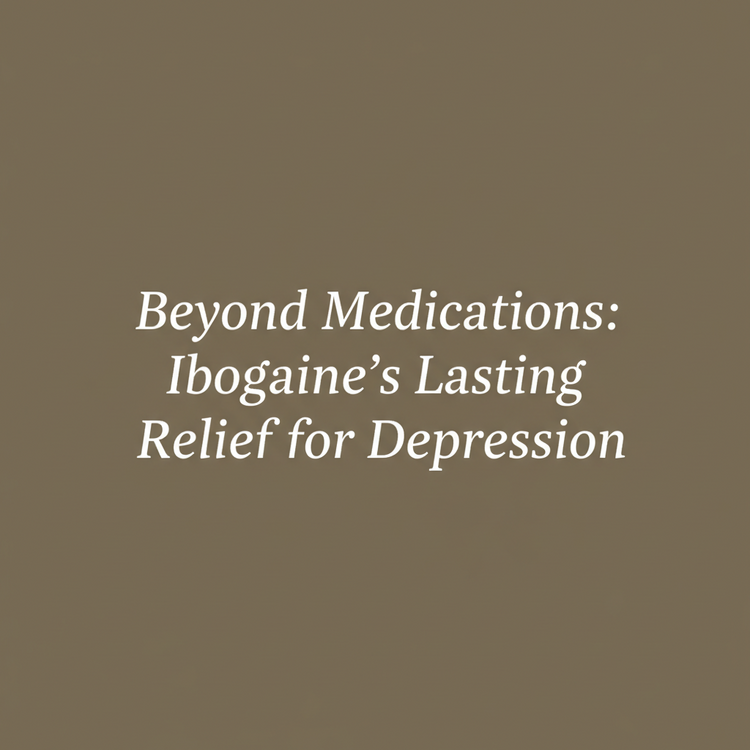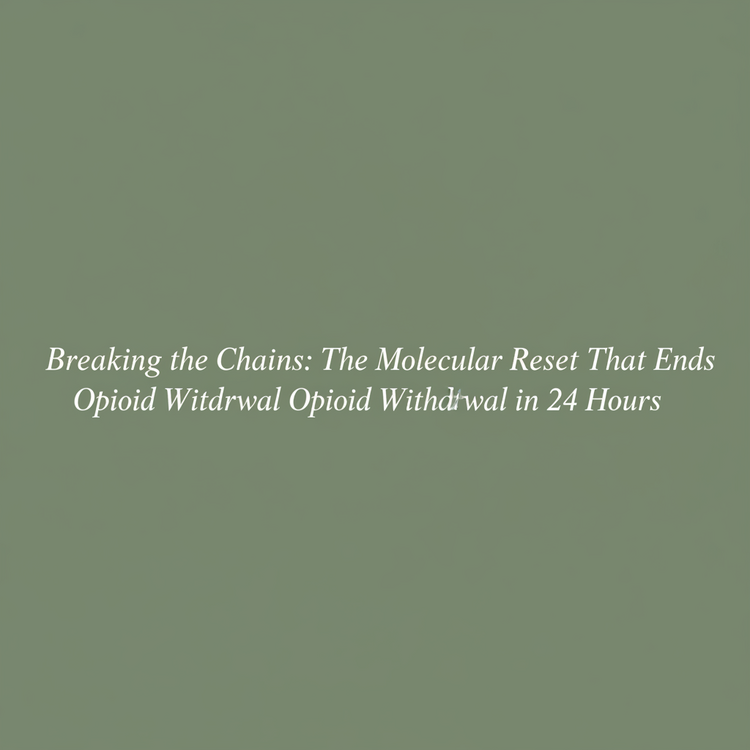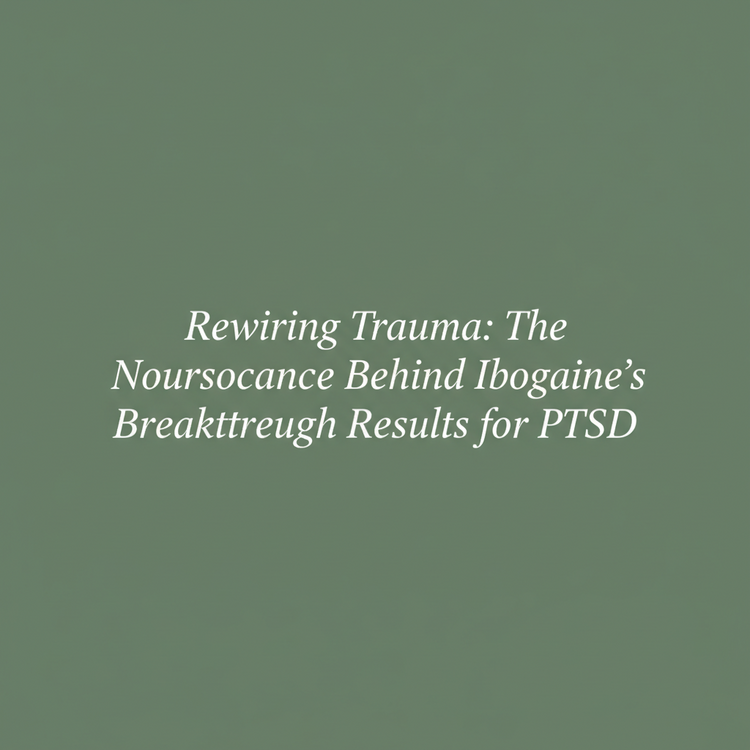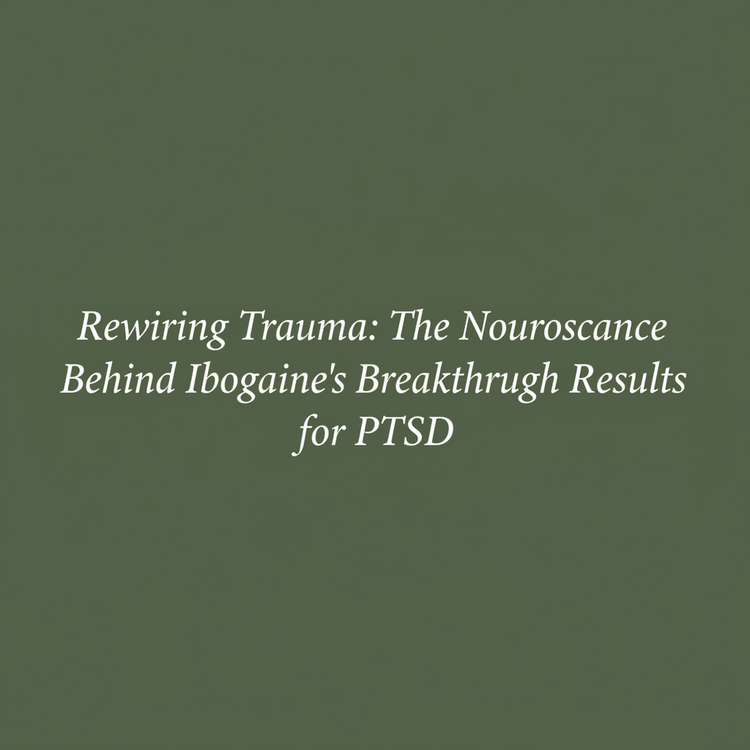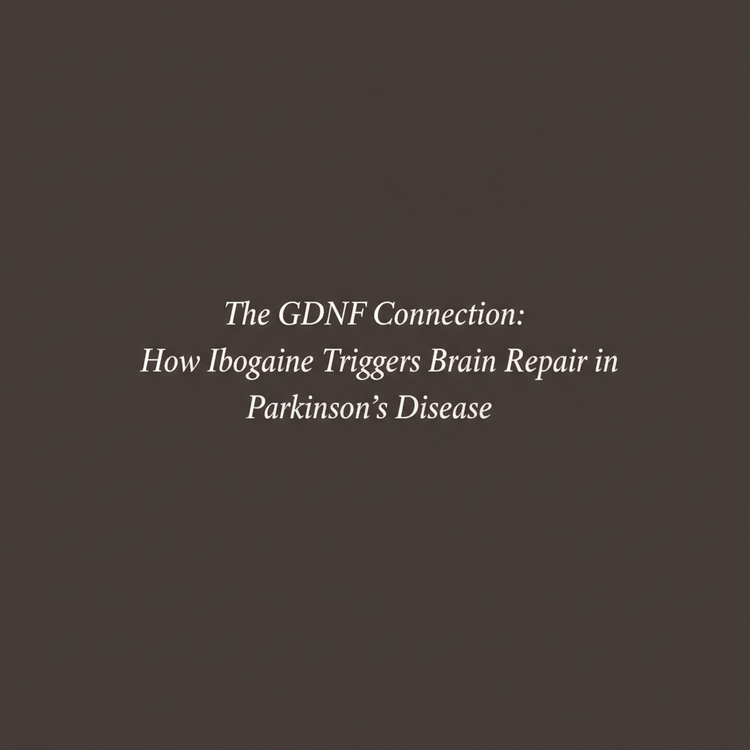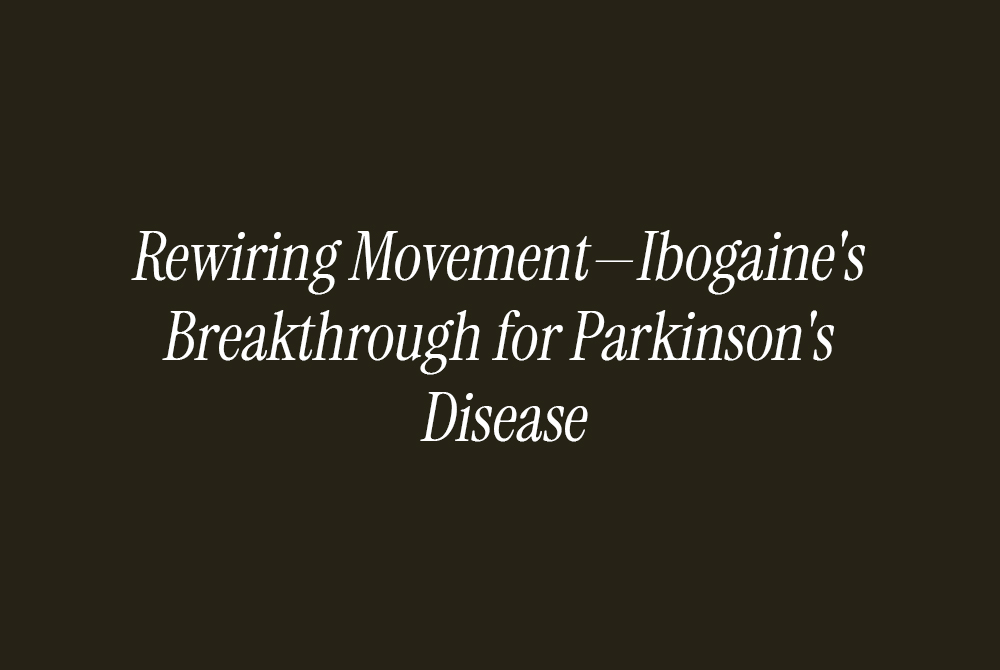One Session, Lasting Freedom—The Long-Term Effects of Ibogaine
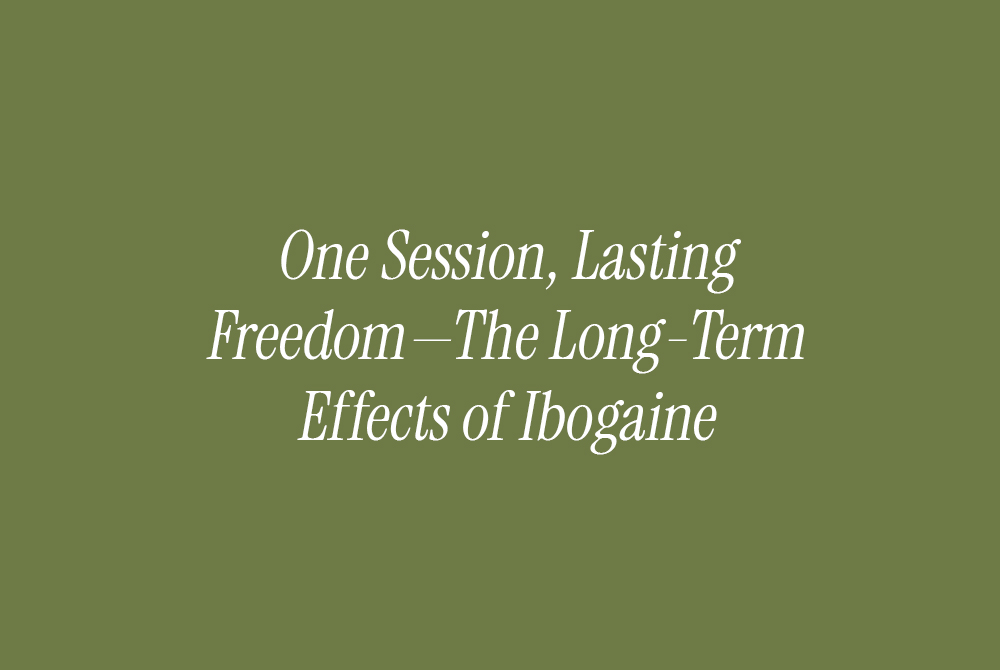
Why Single-Dose Treatment Is Revolutionizing Addiction Medicine
In conventional addiction treatment, the timeline stretches indefinitely. Maintenance medications might last years or even a lifetime. Therapy continues indefinitely. Relapse is expected, even normalized. But what if treatment could be measured not in years, but in hours? What if transformation could happen not gradually, but suddenly?
The Single-Dose Paradigm
American and European self-help groups provided testimonials that ibogaine alleviated drug craving and opioid withdrawal symptoms after only a single dose administration, and preclinical studies in animal models of addiction have provided proof-of-concept evidence supporting these claims.
The data backs up these testimonials. A single ibogaine treatment reduced opioid withdrawal symptoms and achieved opioid cessation or sustained reduced use in dependent individuals as measured over 12 months. Read that again: one treatment, twelve months of measurable benefit.
Beyond Immediate Relief
The immediate effects are dramatic—80% of participants reported that withdrawal symptoms were eliminated or drastically reduced during the ibogaine experience. But the real story is what happens afterward.
In a Brazilian study of 75 participants with histories of cannabis, cocaine, crack cocaine, or alcohol use, those receiving a single treatment reported abstaining from drug use for a median of 5.5 months, while participants who received multiple treatments maintained abstinence for a median of 8.4 months.
The Metabolite Mystery
Part of ibogaine’s extended effectiveness appears to come from its metabolite, noribogaine. While ibogaine has a short half-life of 1–2 hours in rodents, its longer-lived active metabolite noribogaine has been recently classified as a “psychoplastogen” because it is capable of promoting neuritogenesis in cultured cortical neurons.
The metabolite noribogaine extends mood and craving benefits for days after treatment, providing a neurochemical bridge during those critical early days of recovery when relapse risk is highest.
The Comprehensive Response
But ibogaine’s effects aren’t limited to eliminating withdrawal. The Multidisciplinary Association for Psychedelic Studies (MAPS) funded two observational studies in 2017 that found ibogaine improved opioid withdrawal symptoms and reduced drug use in individuals who did not find success with previous treatment methods.
This matters because most people seeking ibogaine treatment aren’t first-time treatment seekers. They’ve tried everything else. They’re the “treatment-resistant” cases that conventional medicine has given up on. And yet, for many of them, ibogaine works when nothing else has.
Not a Magic Bullet—A Catalyst
Let’s be clear: ibogaine isn’t a magic cure. Ibogaine for addiction treatment is not a cure for substance use disorder—it may help people get through detox, but it does not replace therapy or support groups, as full recovery needs long-term treatment like therapy and recovery support services.
But what ibogaine does provide is a neurological and psychological reset—a moment of profound clarity and biochemical rebalancing that creates the conditions for sustained recovery. It’s not that people never want to use again; it’s that they’re finally free to choose not to.
The Window Stays Open
In a clinical review of 191 human volunteers seeking to detoxify from opioids or cocaine with medical monitoring, researchers found ibogaine may be effective for transitioning opioid and cocaine dependent individuals to sobriety. The key word is “transitioning”—ibogaine creates a bridge from addiction to freedom, but you still have to walk across it.
At Iboga Wellness Institute, we understand that ibogaine opens a window of neuroplastic opportunity. Our comprehensive protocols ensure you’re prepared for that window, supported during it, and equipped to maintain the transformation long after. This isn’t just detox—it’s the beginning of a new life.


